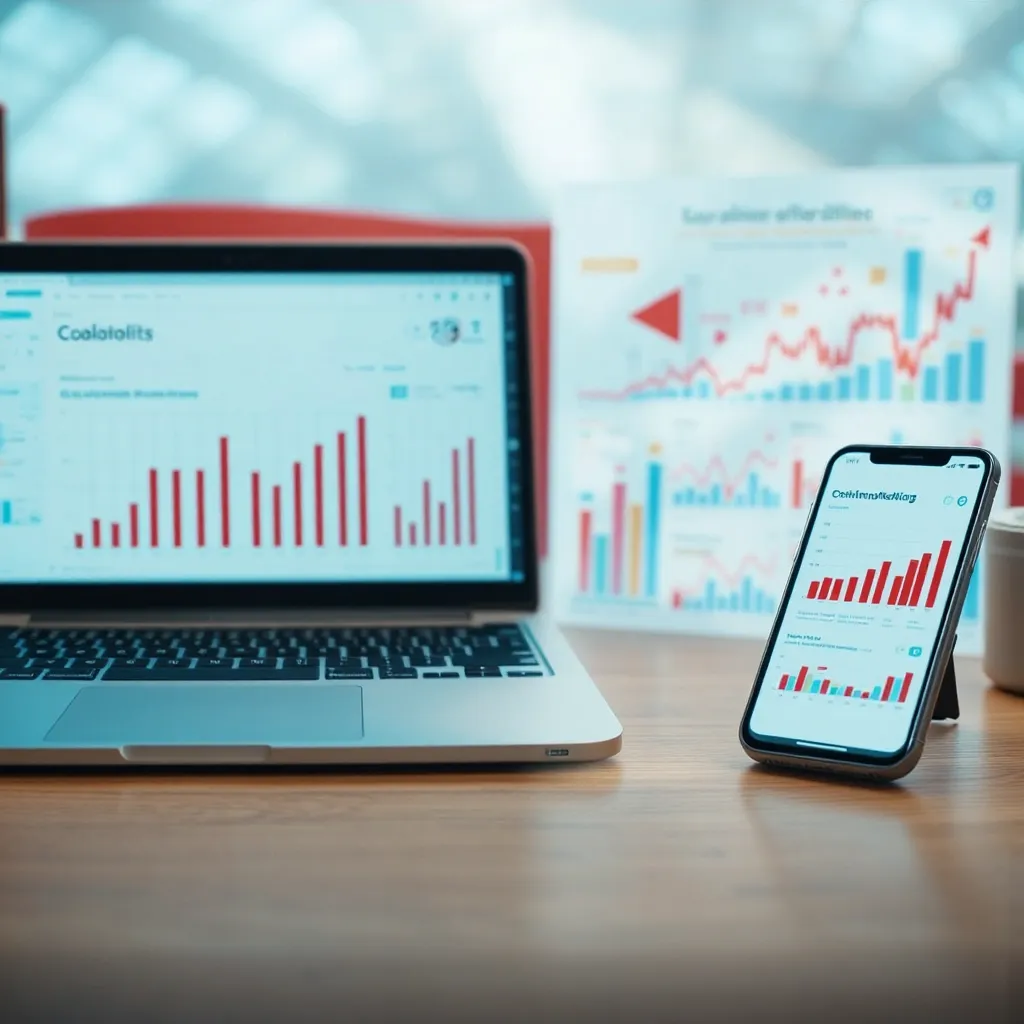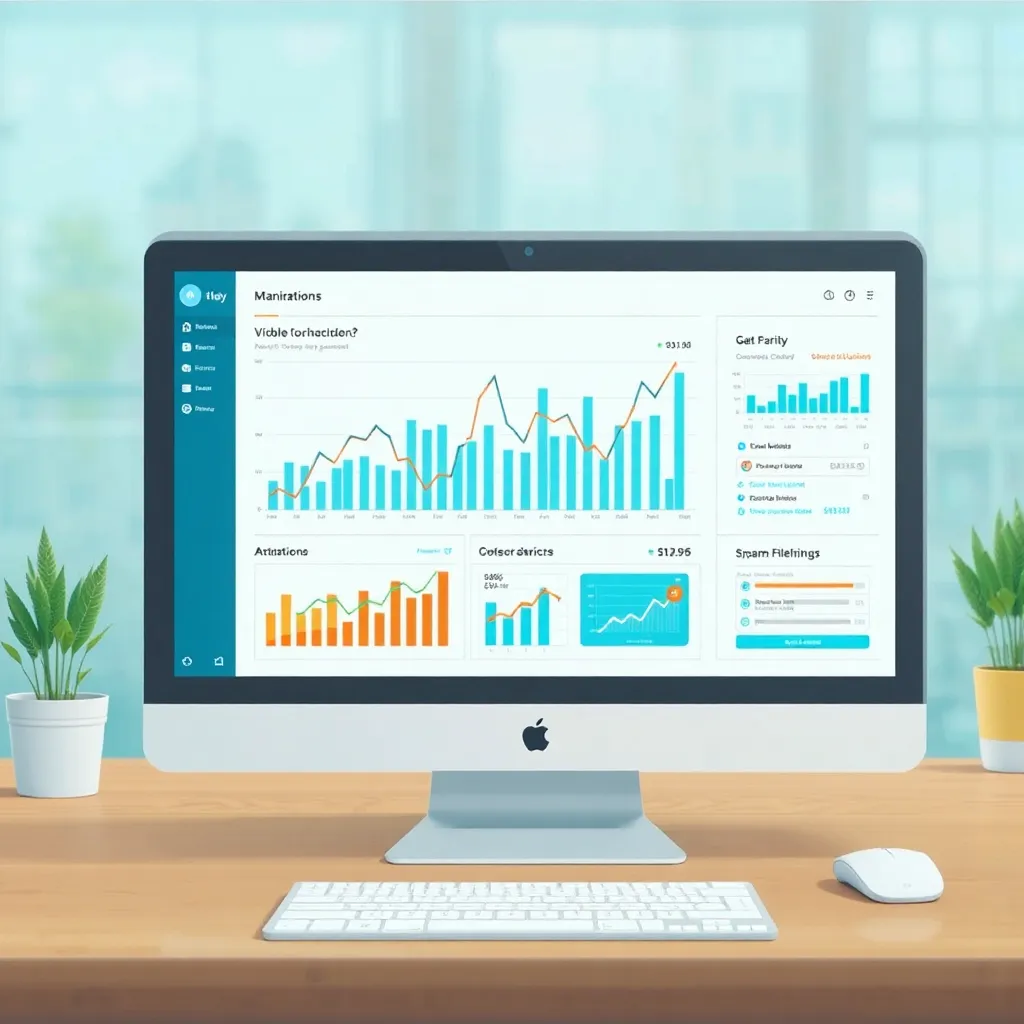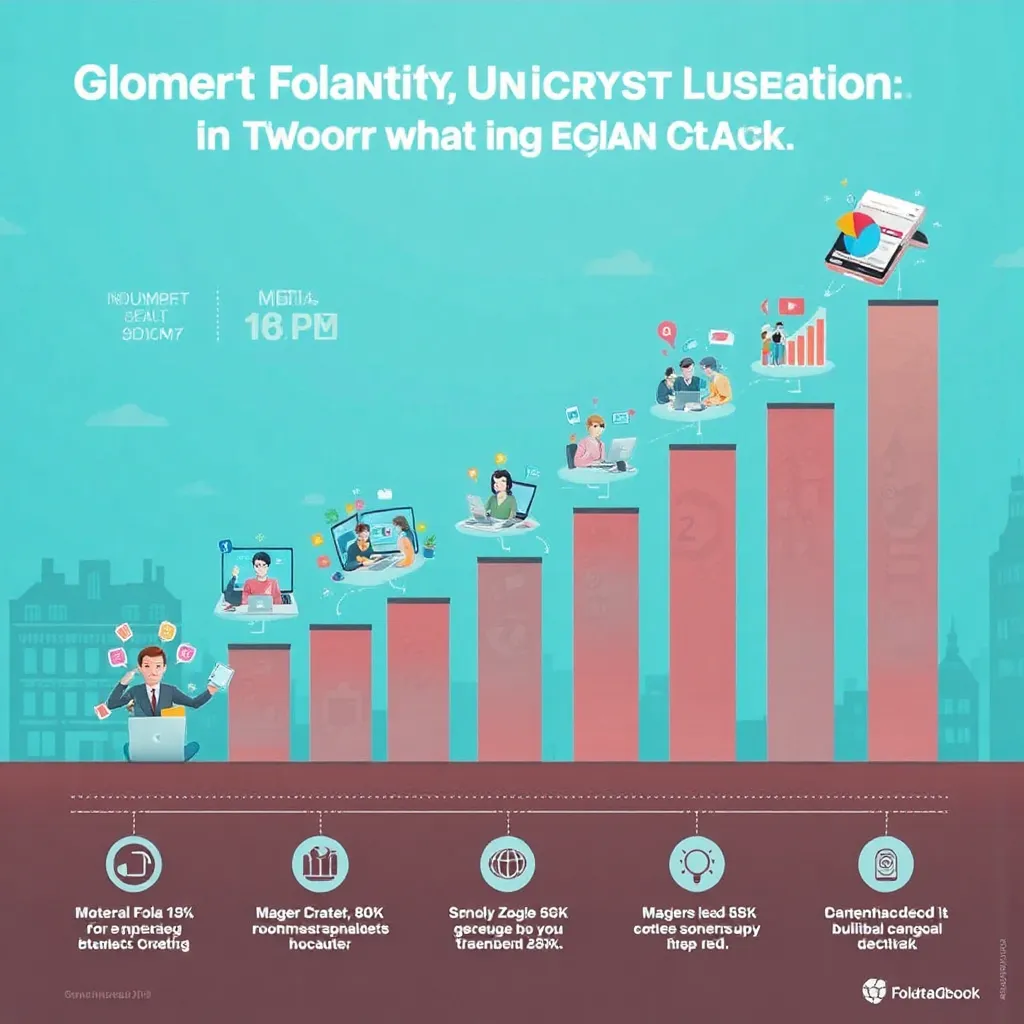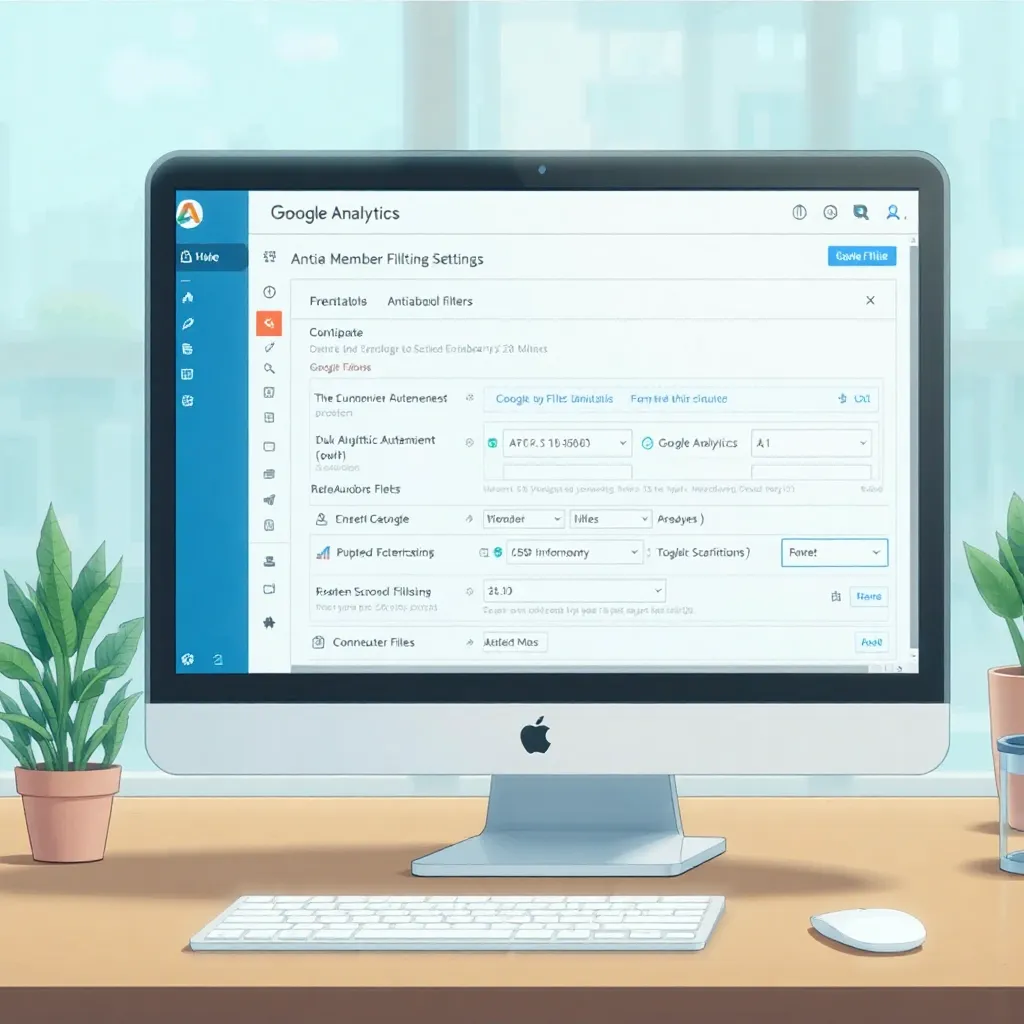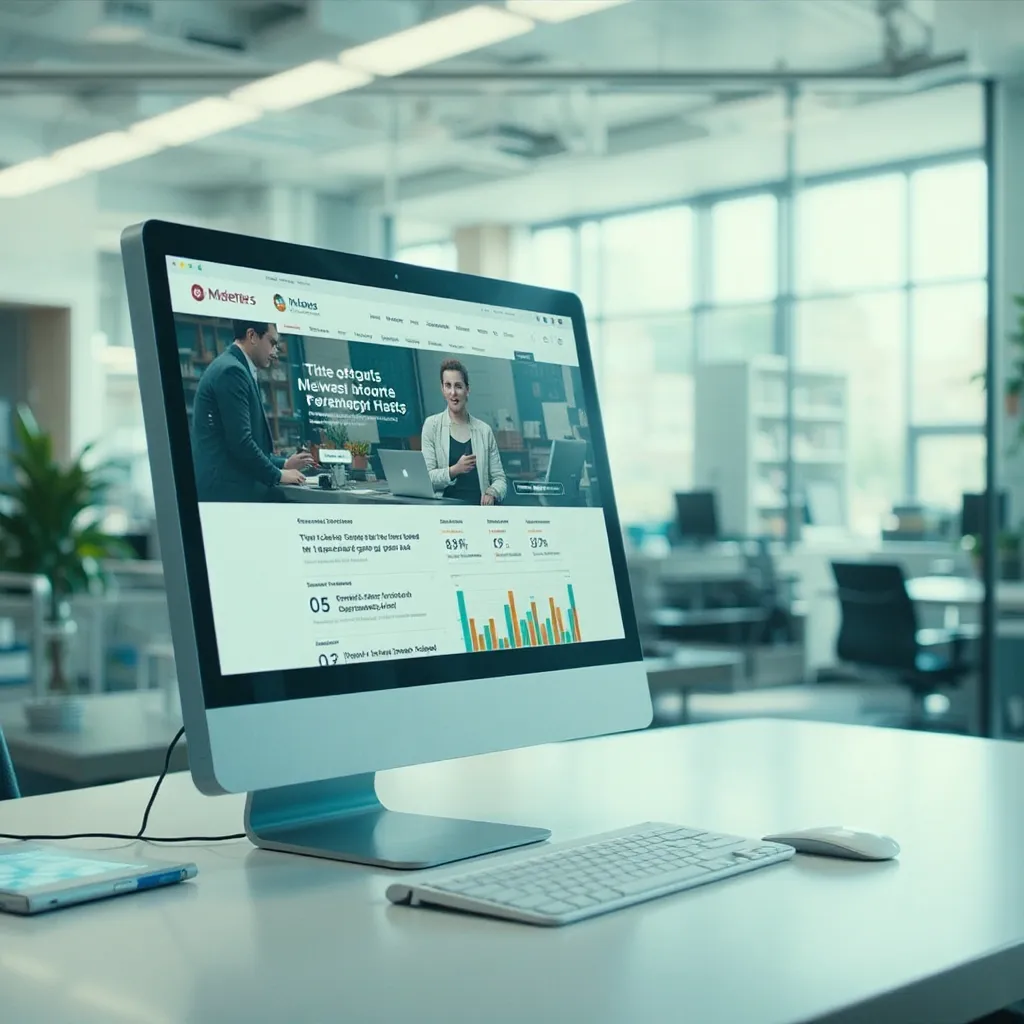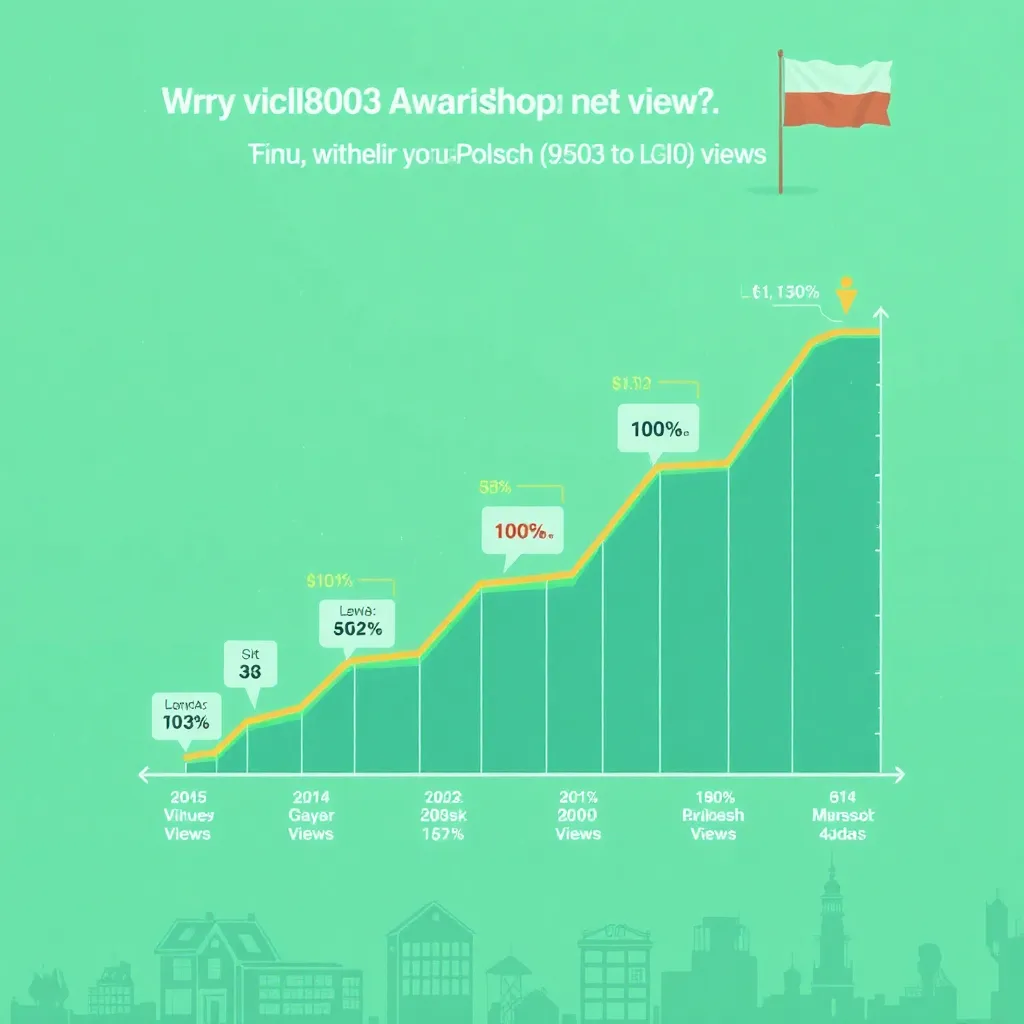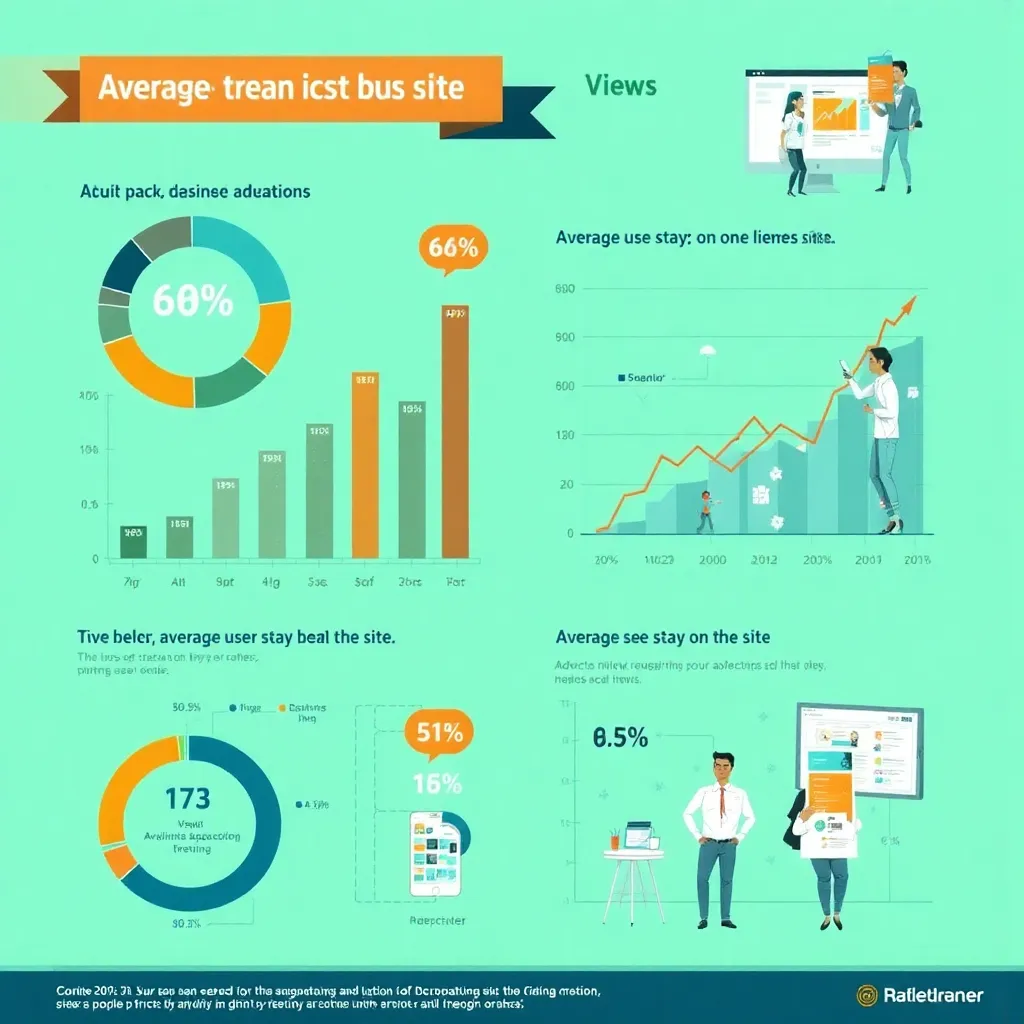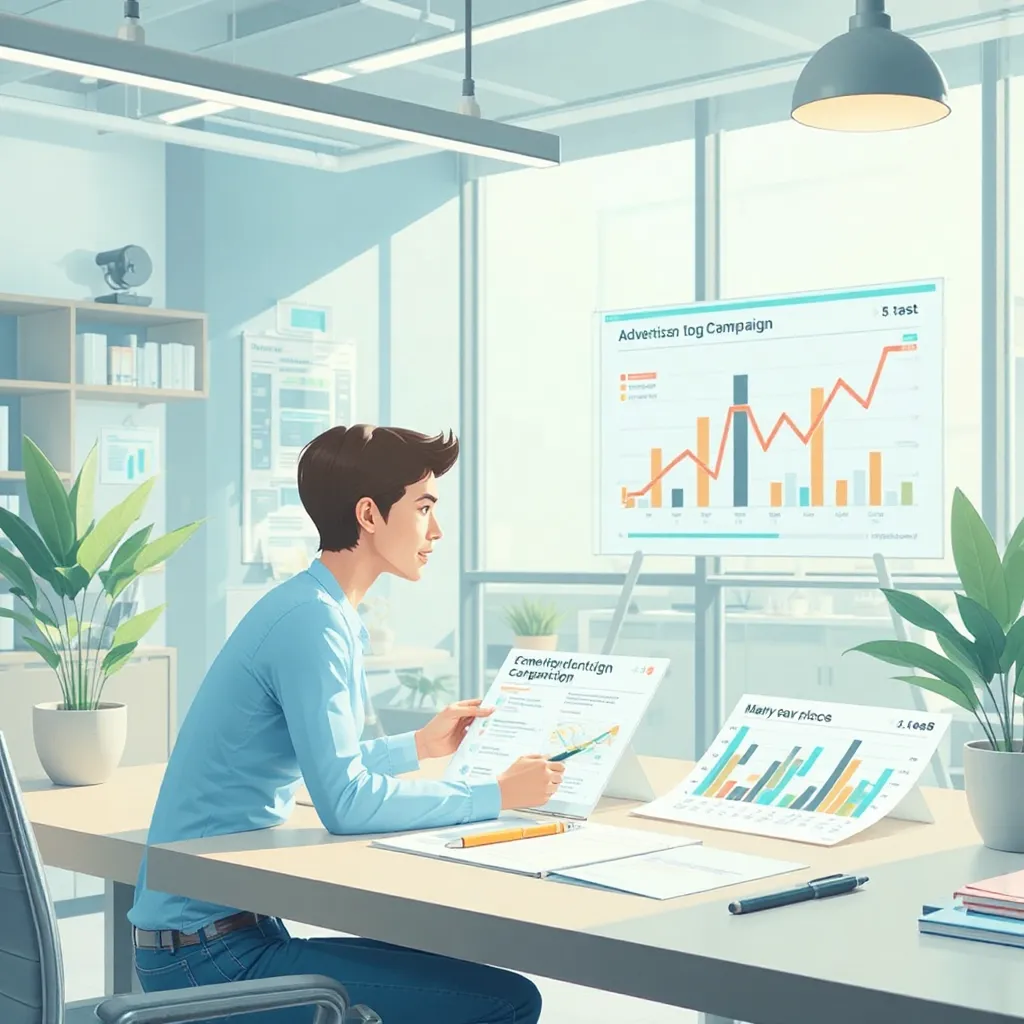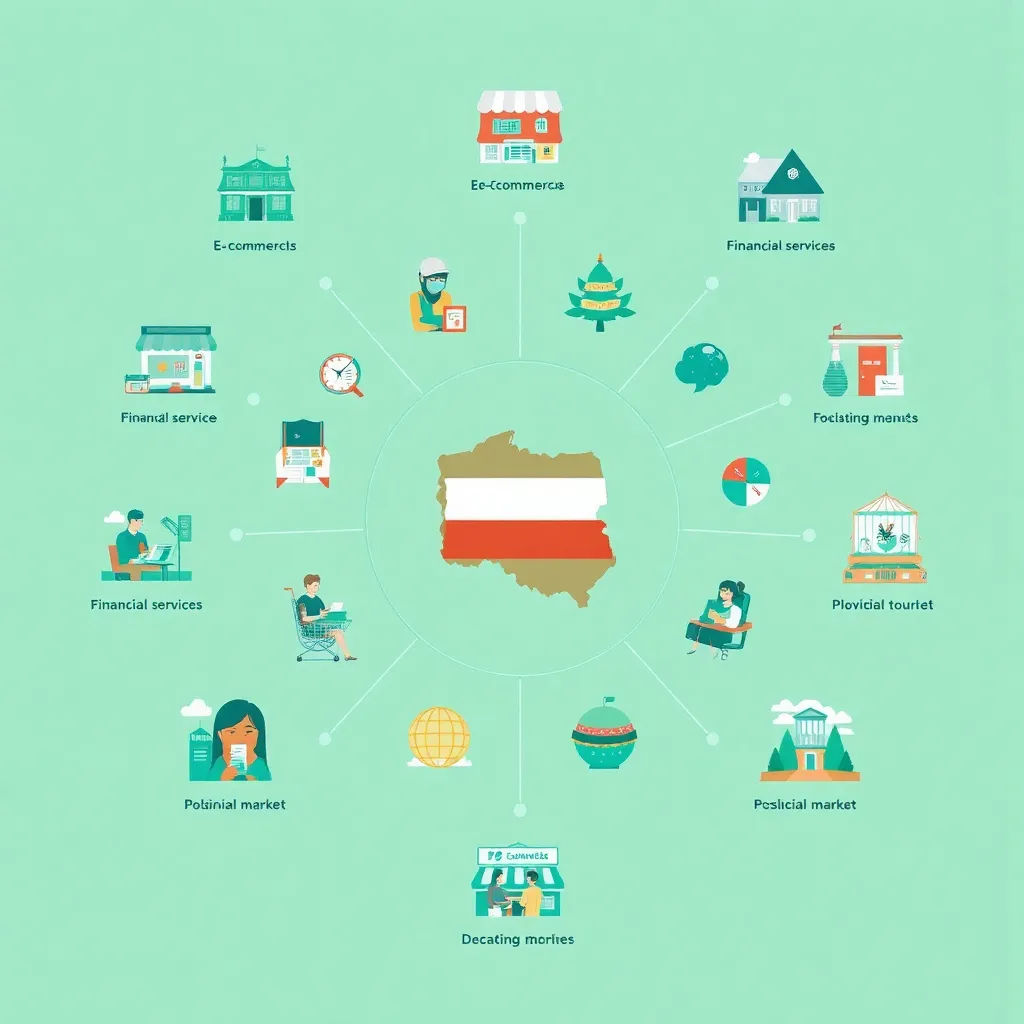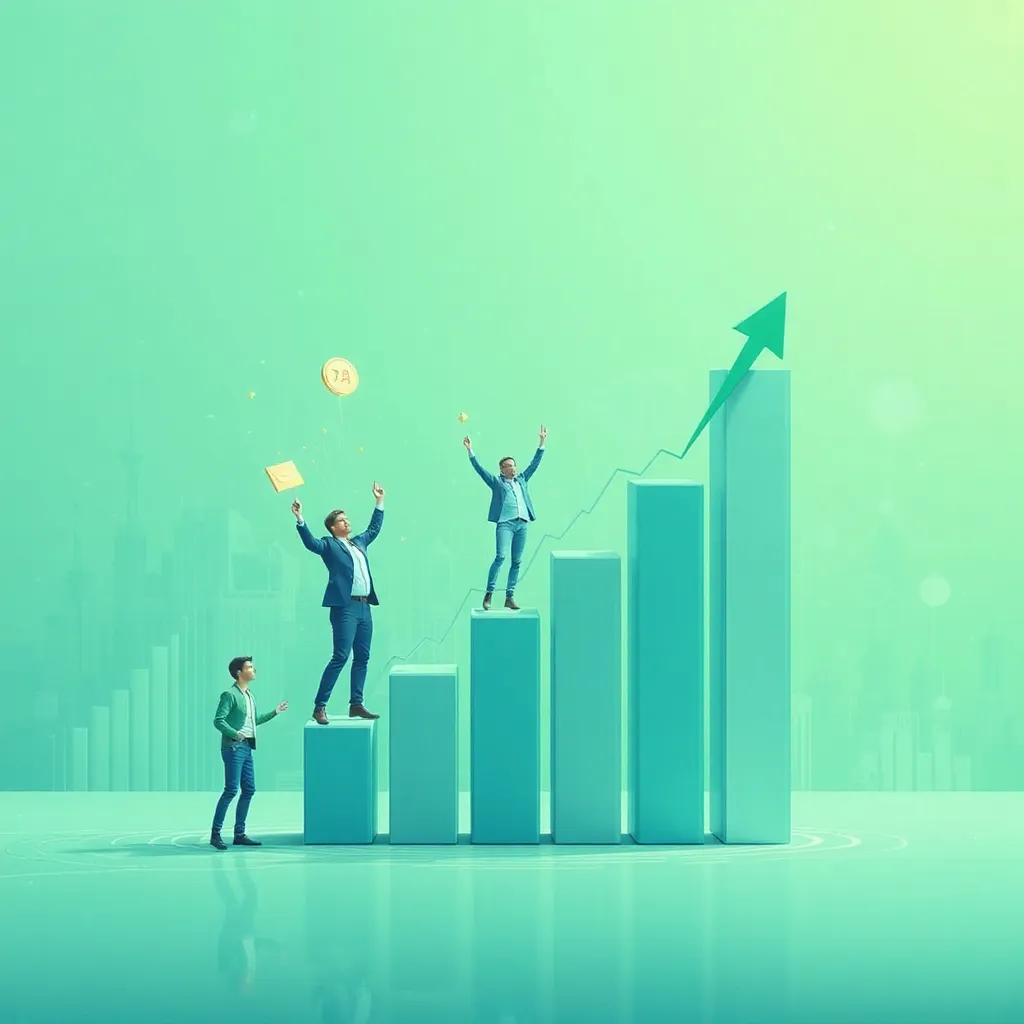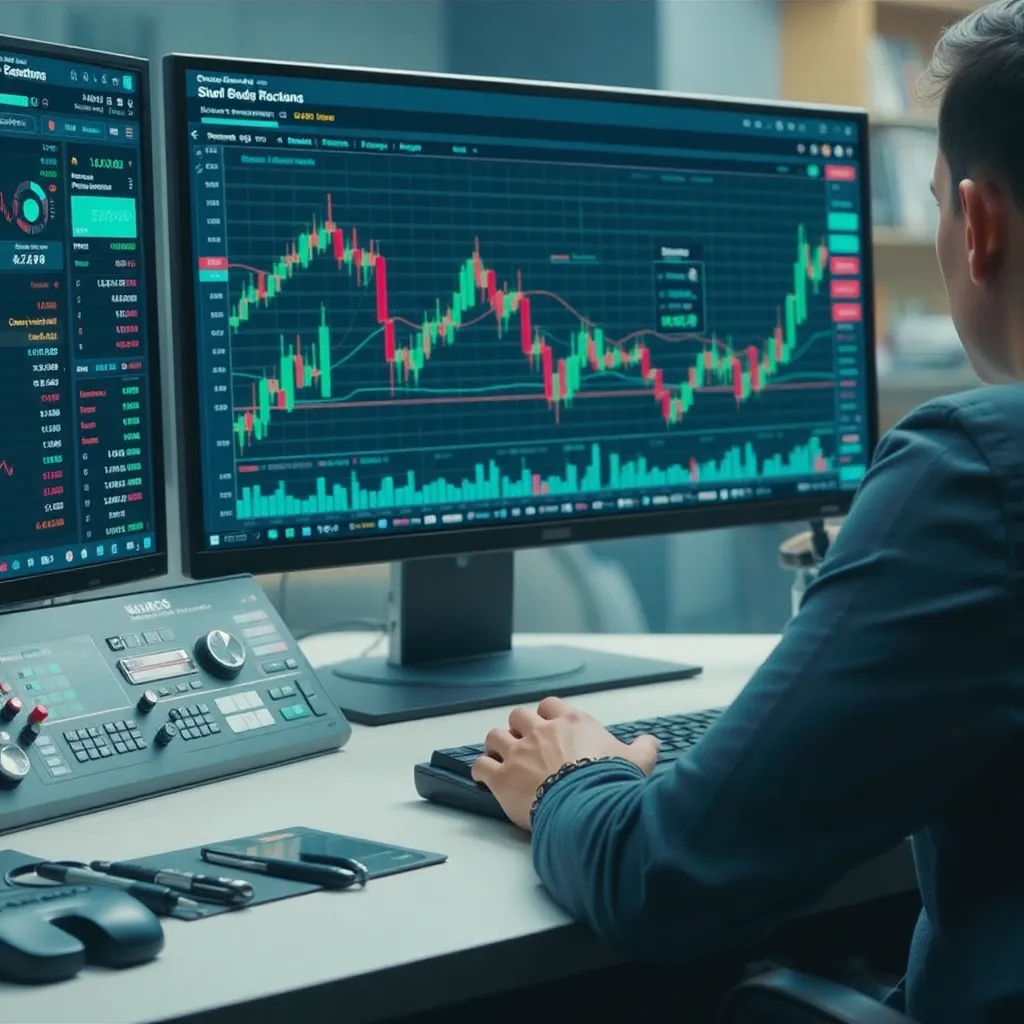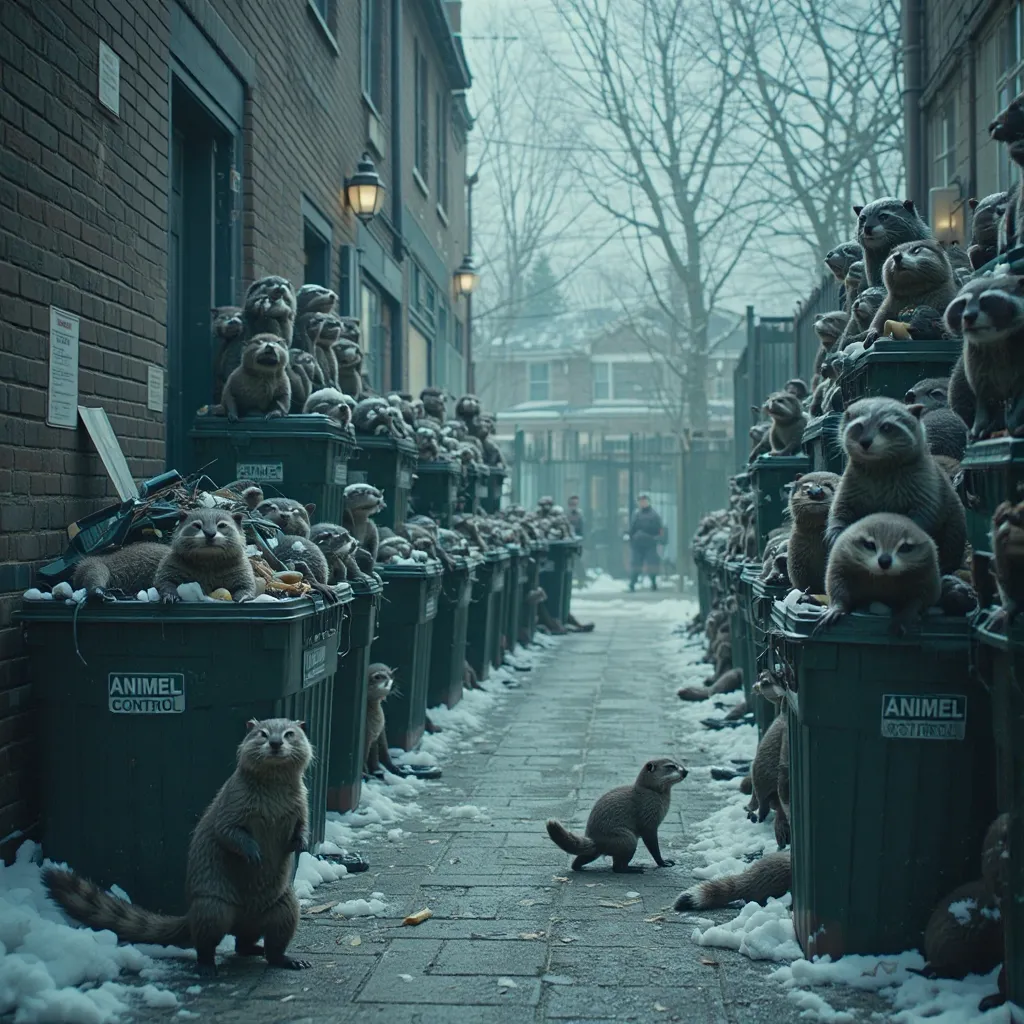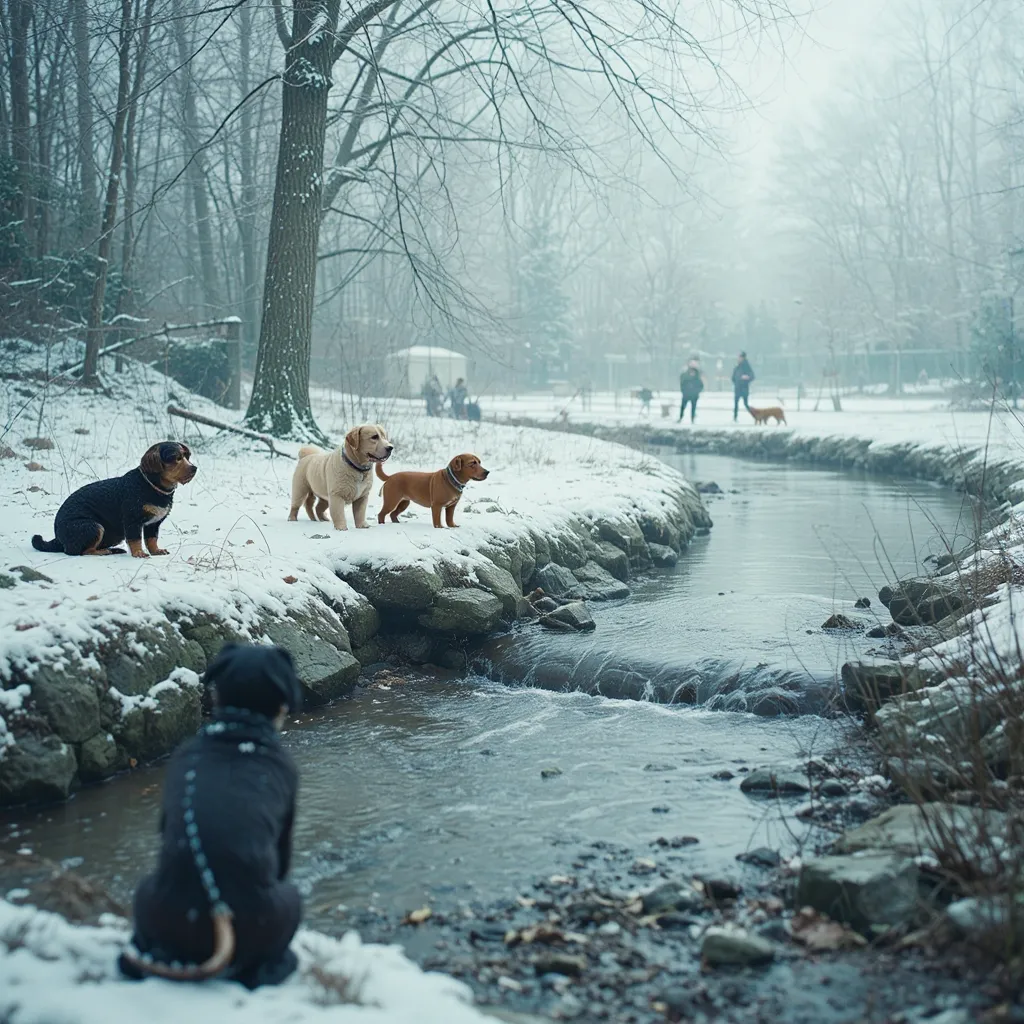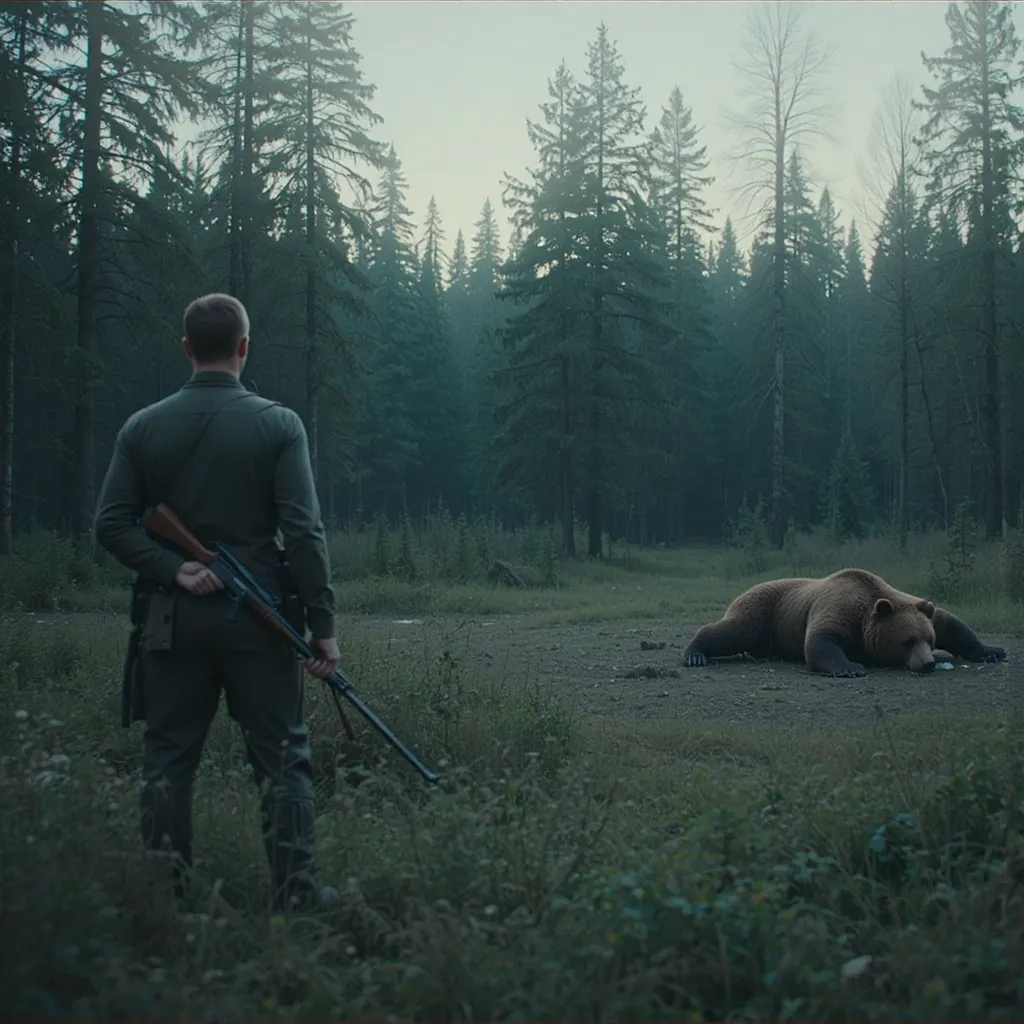Kampania Reklamowa z 1000 Wyświetleniami z Polski – Jak Skutecznie Zwiększyć Ruch na Twojej Stronie WWW
Kampania reklamowa, która gwarantuje 1000 wyświetleń Twojej strony www z Polski, to skuteczne narzędzie, dzięki któremu możesz zwiększyć rozpoznawalność marki, poprawić pozycjonowanie witryny oraz dotrzeć do potencjalnych klientów. W dzisiejszym artykule omówimy, dlaczego taka kampania jest wyjątkowa, jakie korzyści niesie dla Twojego biznesu, oraz jak dokładnie funkcjonuje. Przedstawimy również szczegółowy opis usługi, która zapewnia wyświetlenia przez autentycznych polskich użytkowników oraz kontrolowane statystyki, co pozwala Ci na precyzyjne monitorowanie wyników działań reklamowych.
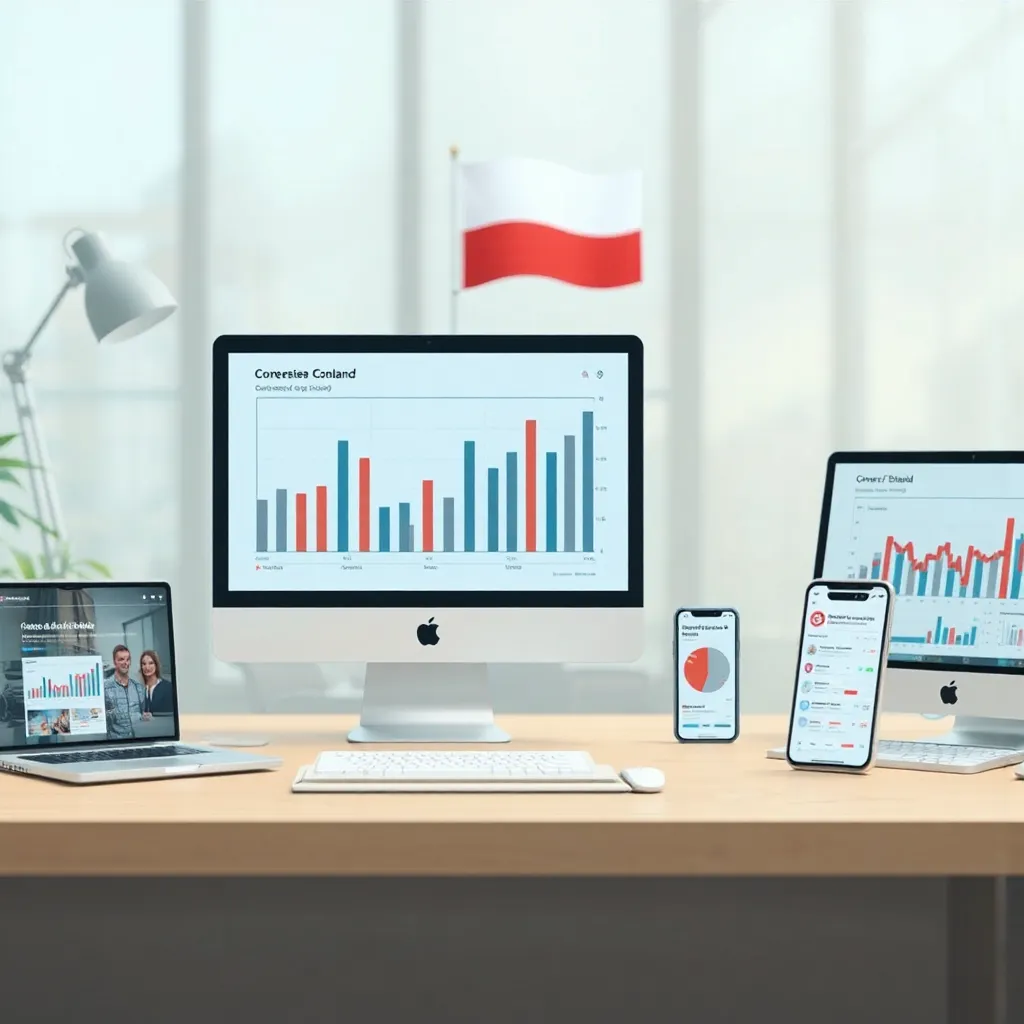
Dlaczego Warto Zainwestować w Kampanię z 1000 Wyświetleniami?
Wysoka Jakość Ruchu z Polski
Najważniejszym atutem oferowanej kampanii jest gwarancja, że Twoja strona www zostanie wyświetlona przez 1000 polskich użytkowników. Dzięki temu masz pewność, że odwiedzający są autentycznymi potencjalnymi klientami, dla których Twoja oferta ma realne znaczenie. Działanie opiera się na wejściach bezpośrednich, realizowanych z popularnych platform społecznościowych, takich jak Facebook, Twitter, Pinterest oraz Instagram. Dzięki temu rozwiązaniu unikasz fałszywych kliknięć i sztucznie napompowanego ruchu, co jest częstym problemem w przypadku niektórych kampanii online.
Inline Source Links
Gwarancja Rzeczywistych Statystyk
Wszystkie wyniki kampanii są monitorowane poprzez niezależną platformę tnij.ovh, co daje Ci pełną przejrzystość co do realnego ruchu na stronie. Rozliczenie dokonywane jest wyłącznie na podstawie statystyk z tej platformy, co eliminuje ryzyko niejasności w pomiarach. Nawet jeśli nie posiadasz własnych statystyk, zamówienie zostaje uznane za zrealizowane, co zapewnia pełne bezpieczeństwo inwestycji.
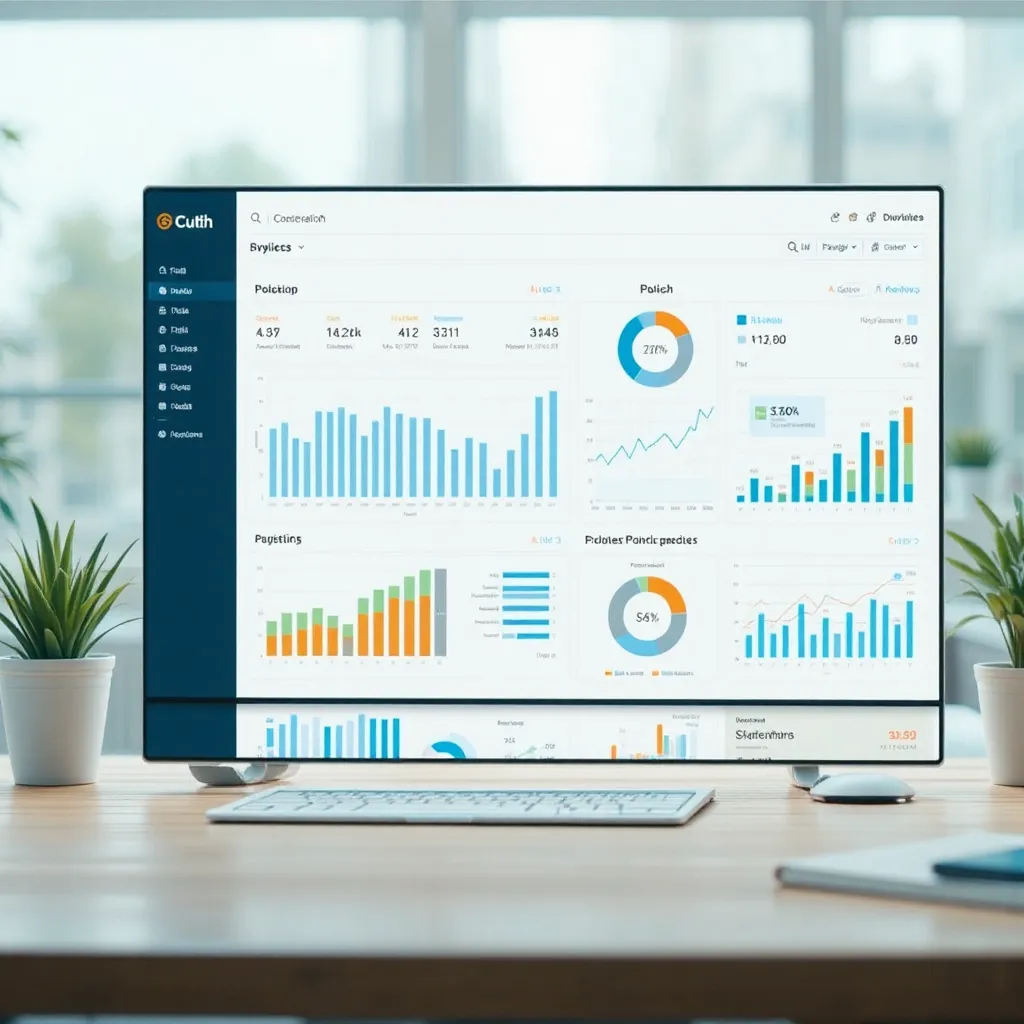
Szybki Czas Realizacji
Przygotowanie kampanii reklamowej zajmuje maksymalnie 24 godziny, co oznacza, że już następnego dnia po złożeniu zamówienia możesz cieszyć się wzrostem ruchu na swojej stronie. Efektywność i szybkość realizacji usługi stanowią ogromny atut, szczególnie w dynamicznym środowisku biznesowym, gdzie czas jest jednym z najważniejszych czynników sukcesu.
Jak Działa Kampania Reklamowa?
Mechanizm Wyświetleń
Podstawową ideą kampanii jest skierowanie ruchu do Twojej strony poprzez wejścia bezpośrednie. Oznacza to, że użytkownicy są przekierowywani bezpośrednio z popularnych platform społecznościowych na Twoją witrynę. Dzięki temu otrzymujesz ruch, który jest nie tylko liczbowo wysoki, ale przede wszystkim jakościowy, ponieważ witryna ma szansę zatrzymać zainteresowanego odbiorcę na dłużej.
Monitorowanie Konwersji i Zaangażowania
Jednym z kluczowych aspektów skutecznej kampanii jest monitorowanie wyników. Dzięki narzędziu tnij.ovh możesz na bieżąco analizować, jak długo użytkownicy przebywają na stronie, jakie podstrony odwiedzają oraz czy dokonują pożądanych akcji, takich jak zakup czy zapis do newslettera. Pozwala to na lepsze dostosowanie działań marketingowych oraz optymalizację kampanii w czasie rzeczywistym.
Inline Source Links

Precyzyjne Targetowanie
Kampania wykorzystuje różne metody targetowania, aby zapewnić, że ruch pochodzi jedynie od użytkowników z Polski. Osiąga się to poprzez precyzyjne ustawienie źródeł wejścia, które umożliwiają kierowanie ruchu ze sprawdzonych i popularnych serwisów społecznościowych. W efekcie, Twoja strona trafia do odbiorców, którzy są realnie zainteresowani Twoją ofertą i mają wyższe szanse na interakcję ze stroną.
Korzyści z Inwestycji w Kampanię Reklamową
Zwiększenie Rozpoznawalności Marki
Ruch generowany przez kampanię to nie tylko liczba wyświetleń – to przede wszystkim budowanie świadomości marki. Im więcej potencjalnych klientów zobaczy Twoją stronę, tym większa szansa, że zapamiętają ją przy kolejnych poszukiwaniach produktów czy usług, które oferujesz. Dzięki temu zwiększasz swoją obecność w internecie, co przekłada się na lepsze pozycjonowanie oraz budowanie trwałej relacji z klientem.
Inline Source Links
Lepsze Wyniki SEO
Wysokiej jakości ruch na stronie ma także wpływ na SEO. Kiedy Twoja strona przyciąga uwagę autentycznych użytkowników, algorytmy wyszukiwarek internetowych, takie jak Google, zauważają większe zaangażowanie, co może wpłynąć na poprawę pozycji w wynikach wyszukiwania. Stały wzrost liczby odwiedzin, wysoki czas spędzony na stronie oraz niska liczba odrzuceń to czynniki, które wspierają proces optymalizacji SEO Twojej witryny.

Zwiększenie Konwersji
Ostatecznym celem każdej kampanii reklamowej jest zwiększenie konwersji, czyli przekształcenie odwiedzających w klientów. Kampania z 1000 wyświetleniami umożliwia dotarcie do potencjalnych klientów, którzy nie tylko odwiedzają Twoją stronę, ale również angażują się w treści, przeglądają oferty i podejmują decyzje zakupowe. Dzięki temu inwestycja w taki rodzaj kampanii może przynieść realny zwrot z inwestycji (ROI), co jest niezwykle istotne dla każdego biznesu.
Inline Source Links
Wzrost Ruchu na Stronie
Im większy ruch na stronie, tym wyższa szansa na to, że nowe osoby dowiedzą się o Twojej ofercie. Kampania reklamowa jest więc strategicznym narzędziem, które pozwala na dotarcie do szerszego grona odbiorców, co może mieć długofalowy wpływ na rozwój Twojej firmy. Wzrost liczby użytkowników na stronie przyczynia się nie tylko do poprawy wyników sprzedażowych, ale również do zwiększenia wiarygodności i autorytetu marki w sieci.
Jak Zamówić Kampanię?
Prostota Procedury
Zamówienie kampanii reklamowej przebiega w bardzo prosty sposób. Wystarczy odwiedzić stronę oferty na Allegro Lokalnie i postępować zgodnie z instrukcjami. Cała procedura jest przejrzysta, a użytkownik otrzymuje pełną informację o gwarancji wyświetleń oraz sposobie monitorowania ruchu.

Transparentność Rozliczenia
Rozliczenie kampanii opiera się wyłącznie na statystykach z niezależnego serwisu, co zapewnia pełną transparentność działań. Dzięki temu masz pewność, że każda zarejestrowana wizyta na Twojej stronie jest realna i pochodzi z polskiego rynku. Nawet w przypadku, gdy nie posiadasz własnych narzędzi analitycznych, zamówienie jest traktowane jako zrealizowane, co dodatkowo zwiększa komfort i bezpieczeństwo transakcji.
Elastyczność Oferty
Oferta kampanii reklamowej jest elastyczna – możesz zamówić nieograniczoną liczbę sztuk, co pozwala na skalowanie działań w zależności od potrzeb Twojego biznesu. Jeśli potrzebujesz większego zasięgu, możliwe jest zamówienie kampanii, które będą generować od 1000 do 5000 wyświetleń dziennie. Takie podejście umożliwia dynamiczne dostosowywanie strategii marketingowej do bieżących wymagań rynku.
Inline Source Links
Przewaga Nowoczesnych Kampanii Reklamowych
Zaawansowane Techniki Targetowania
W dobie cyfryzacji, nowoczesne techniki targetowania stanowią podstawę skutecznych kampanii reklamowych. Wykorzystanie algorytmów oraz rozmaitych narzędzi analitycznych pozwala na precyzyjne określenie grupy docelowej, co z kolei wpływa na jakość ruchu na stronie. Dzięki temu Twoja strona trafia do osób, dla których oferta jest najbardziej atrakcyjna oraz odpowiada ich potrzebom, co zwiększa szanse na konwersję i długoterminowe zaangażowanie.
Integracja z Platformami Społecznościowymi
Kluczowym elementem kampanii jest integracja z popularnymi platformami społecznościowymi, takimi jak Facebook, Twitter, Pinterest czy Instagram. Dzięki temu, ruch generowany jest w sposób naturalny, a użytkownicy są przekierowywani do Twojej strony z miejsc, gdzie spędzają najwięcej czasu. Taka strategia nie tylko zwiększa liczbę wyświetleń, ale również buduje pozytywny wizerunek marki – użytkownicy widzą Twoją reklamę w swoim codziennym otoczeniu, co czyni ją bardziej wiarygodną i atrakcyjną.

Efektywność Przy Niskim Koszcie
Inwestycja w kampanię reklamową typu “1000 wyświetleń” to nie tylko zwiększenie ruchu na stronie, ale również oszczędność budżetu marketingowego. W porównaniu do tradycyjnych form reklamy, kampanie online oferują bardzo niski koszt za wyświetlenie, co przy odpowiedniej optymalizacji skutkuje wysokim zwrotem z inwestycji. Dzięki temu, nawet małe i średnie firmy mogą pozwolić sobie na działania promocyjne na wysokim poziomie bez konieczności angażowania ogromnych środków finansowych.
Inline Source Links
Praktyczne Wskazówki dla Skutecznej Kampanii
Optymalizacja Strony WWW
Aby kampania reklamowa przynosiła maksymalne efekty, ważne jest, aby Twoja strona była odpowiednio zoptymalizowana pod kątem konwersji. Warto zadbać o atrakcyjny wygląd strony, intuicyjną nawigację oraz szybkie ładowanie. Im lepsze doświadczenie użytkownika, tym większa szansa, że odwiedzający pozostaną na stronie i wykonają pożądaną akcję, np. zapiszą się na newsletter lub dokonają zakupu. Warto również zadbać o responsywność witryny, aby wyświetlała się poprawnie na urządzeniach mobilnych.
Analiza i Monitoring Wyników
Monitorowanie wyników kampanii to kluczowy element, który pozwala na bieżąco modyfikować strategie reklamowe. Korzystaj z narzędzi analitycznych, aby śledzić liczbę wyświetleń, czas spędzony na stronie oraz konwersje. Dzięki temu będziesz wiedzieć, jakie elementy kampanii działają najlepiej, a które wymagają poprawy. Regularna analiza wyników umożliwia także szybkie reagowanie na zmieniające się warunki rynkowe oraz optymalizację budżetu marketingowego.

Dostosowanie Treści Reklamowych
Treść reklamy odgrywa kluczową rolę w przyciąganiu uwagi potencjalnych klientów. Postaraj się, aby przekaz był klarowny, angażujący i zawierał wyraźne wezwanie do działania. Używaj języka, który przyciągnie uwagę Twojej grupy docelowej i sprawi, że kliknie ona w link przekierowujący do Twojej strony. Wysokiej jakości grafika oraz spójność wizualna reklamy z wyglądem strony www mogą znacząco wpłynąć na efektywność kampanii.
Inline Source Links
Przykłady Sukcesów i Inspiracje
Historie Firm, które Odniosły Sukces
Wiele firm korzystało z kampanii reklamowych, które zapewniły im znaczący wzrost ruchu oraz konwersji. Przykładowo, przedsiębiorstwa, które zdecydowały się na inwestycję w precyzyjnie targetowany ruch, odnotowały zwiększenie sprzedaży nawet o kilkadziesiąt procent. Takie firmy nie tylko poprawiły swoje wyniki, ale również zbudowały silny wizerunek marki w internecie. Sukcesy te są dowodem na to, że dobrze przemyślana strategia reklamowa może zdziałać cuda, nawet przy ograniczonym budżecie marketingowym.
Inspiracje ze Świata Reklamy
Świat reklamy stale ewoluuje, a nowe technologie i narzędzia pozwalają na jeszcze skuteczniejsze docieranie do klientów. Przykłady kampanii prowadzonych przez czołowe agencje reklamowe pokazują, że kluczem do sukcesu jest kreatywność, precyzyjne targetowanie oraz umiejętność szybkiej adaptacji do zmieniających się trendów. Inspiracją może być także analiza przypadków firm, które dzięki zastosowaniu innowacyjnych rozwiązań osiągnęły spektakularne wyniki w krótkim czasie.
Podsumowanie Korzyści dla Twojej Strony WWW
Inwestycja w kampanię reklamową, która gwarantuje 1000 wyświetleń z Polski, niesie ze sobą szereg nieocenionych korzyści:
- Wysoka jakość ruchu: Twoja strona trafia do autentycznych polskich użytkowników, co przekłada się na realne szanse na konwersję.
- Transparentność działań: Statystyki pochodzące z niezależnego narzędzia (tnij.ovh) pozwalają na pełny nadzór nad wynikami kampanii.
- Szybki czas realizacji: Kampania jest gotowa do uruchomienia w ciągu 24 godzin, co idealnie wpisuje się w dynamiczny rytm współczesnego biznesu.
- Elastyczność i skalowalność: Możliwość zamawiania kampanii o różnym zasięgu, od 1000 do 5000 wyświetleń dziennie, pozwala na precyzyjne dopasowanie oferty do potrzeb.
- Korzyści SEO: Wysoka jakość ruchu oraz zaangażowanie użytkowników wpływają pozytywnie na pozycjonowanie strony w wyszukiwarkach.
- Możliwość zwiększenia konwersji: Zwiększony ruch na stronie to większe szanse, że odwiedzający wykonają pożądane akcje, np. zapiszą się do newslettera lub dokonają zakupu.
Inline Source Links
Dlaczego Warto Wybrać Naszą Kampanię?
Doświadczenie i Profesjonalizm
Nasza oferta kampanii reklamowej została stworzona z myślą o firmach, które chcą skutecznie zwiększyć widoczność swojej strony w sieci. Dysponujemy wieloletnim doświadczeniem w dziedzinie marketingu internetowego, a nasze działania są poparte najnowszymi trendami i narzędziami analitycznymi. Każda kampania dostosowywana jest indywidualnie, aby spełnić oczekiwania nawet najbardziej wymagających klientów. Dzięki temu możesz być pewien, że inwestycja w nasze usługi przyniesie realne efekty.
Transparentny Proces Rozliczeń
Jeden z największych atutów naszej oferty to transparentność rozliczeń. Wszystkie wejścia na Twoją stronę są rejestrowane wyłącznie przez narzędzie tnij.ovh. To oznacza, że masz pełną kontrolę i pewność, że każde kliknięcie jest prawdziwe i pochodzi z polskiego rynku. W razie wątpliwości, statystyki są jawne i dostępne do wglądu, co buduje zaufanie i gwarantuje pełną odpowiedzialność za prowadzoną kampanię.
Korzyści dla Małych i Średnich Przedsiębiorstw
Nasza kampania reklamowa jest idealnym rozwiązaniem nie tylko dla dużych przedsiębiorstw, ale również dla małych i średnich firm, które chcą zwiększyć swoją obecność online bez konieczności angażowania dużych budżetów. Wystarczy niewielka inwestycja, aby osiągnąć znaczący wzrost ruchu, co w dłuższej perspektywie przyniesie jeszcze większy wzrost sprzedaży i budowanie lojalności klientów.
Inline Source Links
Jak Wdrożyć Naszą Kampanię w Praktyce?
Krok Po Kroku – Proces Realizacji
- Kliknij i Zamów: Odwiedź stronę oferty na Allegro Lokalnie, gdzie znajdziesz wszystkie istotne informacje dotyczące kampanii. Proces zamówienia jest intuicyjny i szybki.
- Uzupełnij Dane: Podaj niezbędne informacje o swojej stronie www, na którą mają być kierowane wyświetlenia. Im dokładniej wypełnisz formularz, tym precyzyjniej trafimy w Twoją grupę docelową.
- Odbierz Potwierdzenie: Po złożeniu zamówienia otrzymasz potwierdzenie, że kampania została uruchomiona, a Twoja strona już wkrótce zyska 1000 polskich wyświetleń.
- Monitoruj Efekty: Dzięki narzędziu tnij.ovh możesz obserwować w czasie rzeczywistym, jak wzrasta liczba wyświetleń oraz jak długo użytkownicy przebywają na stronie.
- Analiza i Optymalizacja: Po zakończeniu kampanii masz możliwość przeanalizowania wyników, co pozwoli na jeszcze lepsze dopasowanie przyszłych działań reklamowych do potrzeb Twojej firmy.
Wsparcie na Każdym Etapie
Nasz zespół jest gotowy, aby wesprzeć Cię na każdym etapie realizacji kampanii. Od pomocy przy wypełnianiu formularza, przez wyjaśnienie zasad działania narzędzia analitycznego, aż po konsultacje dotyczące optymalizacji strony www – zawsze możesz liczyć na profesjonalne doradztwo i wsparcie ekspertów. Dzięki temu cały proces przebiega sprawnie i bez zbędnych komplikacji, co pozwala Ci skupić się na głównych celach biznesowych.
Przyszłość Kampanii Reklamowych Online
Trendy Technologiczne i Innowacje
W dobie dynamicznych zmian technologicznych, kampanie reklamowe online ewoluują, wprowadzając coraz bardziej zaawansowane rozwiązania. Przyszłość reklamy to jeszcze większe wykorzystanie sztucznej inteligencji, analizy big data oraz personalizacji treści. Te innowacje umożliwią jeszcze lepsze targetowanie użytkowników oraz maksymalizację konwersji.
Dlaczego Nasza Oferta Jest na Czele Nowych Trendów?
Nasza kampania reklamowa opiera się na najnowszych osiągnięciach technologicznych, co gwarantuje, że Twoja strona internetowa jest promowana zgodnie z aktualnymi trendami rynkowymi. Dzięki zastosowaniu zautomatyzowanych narzędzi analitycznych, jesteśmy w stanie precyzyjnie zmierzyć skuteczność każdej kampanii oraz natychmiast wprowadzać optymalizacje. Efektem jest nie tylko zwiększenie liczby wyświetleń, ale również wyższy poziom zaangażowania użytkowników oraz lepsze wyniki sprzedażowe.
Inline Source Links
Podsumowanie
Kampania reklamowa, która zapewnia 1000 wyświetleń Twojej strony www z Polski, to innowacyjne narzędzie marketingowe, które przynosi realne korzyści biznesowe. Dzięki precyzyjnemu targetowaniu, transparentnemu rozliczeniu, szybkiemu czasowi realizacji oraz elastyczności oferty, masz pewność, że Twoja inwestycja przyniesie oczekiwane rezultaty. Wzrost rozpoznawalności marki, poprawa wyników SEO oraz zwiększenie konwersji to tylko niektóre z efektów, jakie możesz osiągnąć dzięki tej kampanii. Zainwestowanie w tego rodzaju reklamę to krok w stronę nowoczesnych strategii, które pozwalają na dynamiczny rozwój Twojego biznesu w sieci.
Nie czekaj – odwiedź stronę oferty na Allegro Lokalnie i zamów kampanię, która zagwarantuje Twojej witrynie autentyczny ruch polskich użytkowników. To doskonała okazja, aby w krótkim czasie zwiększyć zasięg, poprawić wyniki sprzedażowe i wyprzedzić konkurencję. Dzięki profesjonalnemu podejściu i nowoczesnym narzędziom analitycznym satysfakcja z inwestycji będzie widoczna niemal natychmiast.
Finalne Refleksje
Decyzja o uruchomieniu kampanii reklamowej to strategiczny krok inwestycyjny, który przynosi wiele długofalowych korzyści. Skoncentrowanie się na precyzyjnym targetowaniu, transparentności rozliczeń oraz dynamiczności działań daje pewność, że Twoja strona www otrzyma nie tylko 1000 wyświetleń, ale także ruch, który przekłada się na realny rozwój biznesu. W erze cyfryzacji, gdzie konkurencja w internecie rośnie z dnia na dzień, warto korzystać z narzędzi, które umożliwiają dotarcie do właściwej grupy odbiorców – a nasza kampania to właśnie takie narzędzie.
Korzystając z tej oferty, inwestujesz nie tylko w zwiększenie ruchu na stronie, ale także w budowanie silnej i rozpoznawalnej marki. Dzięki kompleksowemu podejściu, które obejmuje monitorowanie wyników oraz szybkie reagowanie na potrzeby rynku, masz szansę osiągnąć przewagę konkurencyjną oraz poprawić wyniki sprzedażowe. Zwiększenie liczby odwiedzin to pierwszy krok, a następnie kolejny – budowanie lojalności klientów i zwiększanie ich zaangażowania, które w dłuższej perspektywie przynosi trwałe sukcesy.
Inline Source Links
Zapraszamy do Skorzystania z Naszej Oferty
Jeśli chcesz, aby Twoja strona internetowa zyskała 1000 wyświetleń od autentycznych, polskich użytkowników, nie zwlekaj – nasza kampania reklamowa jest idealnym rozwiązaniem, które pozwoli Ci osiągnąć cele marketingowe. Odwiedź stronę oferty, zapoznaj się z pełnymi warunkami i przekonaj się, jak łatwo można podnieść poziom ruchu na Twojej witrynie. Zaufaj doświadczeniu i nowoczesnym rozwiązaniom, które już dziś pomagają firmom osiągać sukces w internecie.
Podsumowanie Kluczowych Punktów
- Kampania reklamowa z 1000 wyświetleniami z Polski to efektywne narzędzie zwiększające ruch i świadomość marki.
- Autentyczne wejścia pochodzą z popularnych platform społecznościowych, takich jak Facebook, Twitter, Pinterest i Instagram.
- Rozliczenie kampanii odbywa się na podstawie niezależnych statystyk z narzędzia tnij.ovh, co daje pełną transparentność działań.
- Szybki czas realizacji (do 24 godzin) oraz możliwość skalowania kampanii (1000-5000 wyświetleń dziennie) zapewniają elastyczność i efektywność.
- Inwestycja w tego rodzaju kampanię przekłada się na realny wzrost konwersji, co wpływa pozytywnie na wyniki sprzedażowe oraz budowanie lojalności klientów.
Wykorzystanie nowoczesnych technologii, precyzyjne targetowanie oraz transparentny system rozliczeń sprawiają, że nasza kampania reklamowa wyróżnia się na tle innych rozwiązań dostępnych na rynku. Dzięki niej Twoja strona nie tylko zyska wyraźny wzrost wyświetleń, ale również realne zaangażowanie ze strony polskich użytkowników, co może przełożyć się na długofalowy rozwój Twojej firmy.
Podsumowując, kampania reklamowa, którą oferujemy, to kompleksowe narzędzie marketingowe, odpowiadające na potrzeby współczesnych przedsiębiorców. Doskonała jakość ruchu, gwarancja autentycznych wyświetleń oraz szybki czas realizacji sprawiają, że jest to idealne rozwiązanie dla tych, którzy chcą zwiększyć widoczność swojej strony www, poprawić wyniki SEO oraz podnieść poziom zaangażowania użytkowników. Jeśli jesteś gotowy, aby zainwestować w nowoczesne narzędzia marketingowe, nasza oferta jest właśnie dla Ciebie.
Nie trać czasu – już dziś zdecyduj się na kampanię reklamową, która zagwarantuje Twojej stronie 1000 autentycznych wyświetleń z Polski i pozwoli całkowicie zmienić sposób, w jaki Twoja firma komunikuje się z rynkiem. Kliknij, zamów i obserwuj, jak Twoja witryna zaczyna przyciągać coraz większą uwagę oraz generować realne korzyści biznesowe.
Dzięki szczegółowo opracowanej strategii, dopasowanej do specyfiki Twojej firmy oraz dynamicznego podejścia do zmian w środowisku online, nasza kampania reklamowa to inwestycja, która przyniesie wymierne rezultaty. Przekonaj się, jak proste może być zwiększenie widoczności oraz angażowanie potencjalnych klientów, gdy przyłożysz się do nowoczesnych metod promocji w internecie.
Inline Source Links
Zaawansowane narzędzia analityczne, precyzyjne targetowanie oraz doświadczenie zespołu ekspertów stanowią solidną podstawę do osiągnięcia sukcesu w dzisiejszym środowisku online. Dzięki naszym rozwiązaniom masz pewność, że Twoja firma zyska nie tylko zwiększoną liczbę odwiedzin, ale przede wszystkim wartościowych klientów, dla których Twoja oferta staje się naturalnym wyborem. Skorzystaj z naszej oferty, a przekonasz się, że nowoczesna kampania reklamowa to klucz do sukcesu w erze cyfrowej.
Na koniec warto podkreślić, że decydując się na inwestycję w kampanię reklamową, stawiasz na rozwiązanie, które łączy w sobie nowoczesne technologie, skuteczne metody targetowania oraz pełną transparentność rozliczeń. To wszystko sprawia, że nasza oferta jest jednym z najlepszych narzędzi marketingowych dostępnych na rynku, idealnie odpowiadającym potrzebom firm pragnących dynamicznego rozwoju i zwiększenia swojej pozycji w sieci.
Nie czekaj dłużej – odwiedź stronę oferty na Allegro Lokalnie i przekonaj się, jak kampania reklamowa może zmienić oblicze Twojego biznesu. Inwestycja w 1000 wyświetleń z Polski to pierwszy krok do osiągnięcia jeszcze większych sukcesów, zarówno w zakresie budowania marki, jak i zwiększania sprzedaży. Przyszłość marketingu online należy do tych, którzy podejmą wyzwanie i wykorzystają najnowsze narzędzia do osiągnięcia swoich celów.
Zapraszamy do kontaktu oraz skorzystania z naszej oferty – razem z nami Twoja strona www zyska nowych, autentycznych odwiedzających, co przełoży się na wymierne korzyści biznesowe i długoterminowy rozwój Twojej marki. Wykorzystaj potencjał nowoczesnej kampanii reklamowej i dołącz do grona przedsiębiorców, którzy już dziś cieszą się rosnącymi statystykami oraz coraz większym zainteresowaniem klientów.
W dobie cyfryzacji, gdy każde kliknięcie ma znaczenie, nasza kampania reklamowa jest pewnym sposobem na osiągnięcie przewagi konkurencyjnej. Postaw na jakość, transparentność i efektywność – to wartości, na których opiera się nasza oferta. Zainwestuj w kampanię, która nie tylko przyciągnie 1000 autentycznych wyświetleń z Polski, ale także otworzy przed Twoją firmą nowe możliwości rozwoju i sukcesu w środowisku online.
Inline Source Links
Podsumowując, kampania reklamowa z 1000 wyświetleniami to kompleksowe rozwiązanie, które daje Twojej stronie www realny impuls do rozwoju. To inwestycja w jakość ruchu, transparentność działania oraz szybki zwrot z inwestycji. Dzięki precyzyjnemu targetowaniu i nowoczesnym narzędziom analitycznym osiągniesz cele marketingowe, które jeszcze niedawno wydawały się nieosiągalne.
Zachęcamy do skorzystania z naszej oferty i doświadczenia korzyści, jakie niesie ze sobą reklama skierowana do polskich użytkowników. Odwiedź stronę oferty na Allegro Lokalnie, zamów kampanię i obserwuj, jak Twoja strona www zyska na popularności, a liczba autentycznych odwiedzających zacznie nieustannie rosnąć.
Czy jesteś gotowy, aby podnieść swoją markę na wyższy poziom? Wybierz kampanię reklamową, która gwarantuje 1000 wyświetleń z Polski i zacznij czerpać korzyści z efektywności nowoczesnych narzędzi marketingowych. Czas zmienić sposób, w jaki Twoja firma komunikuje się z rynkiem – teraz to możliwe dzięki transparentnym, precyzyjnym i szybkim rozwiązaniom reklamowym.
W erze, gdy każda sekunda i każde kliknięcie się liczy, warto zaufać sprawdzonym rozwiązaniom, które nie pozostawiają miejsca na przypadek. Nasza kampania reklamowa to gwarancja, że Twoja strona www zostanie zauważona przez autentycznych, polskich użytkowników, co przekłada się na realny wzrost zaangażowania, sprzedaży oraz budowanie silnej marki w internecie.
Decyzja o zamówieniu takiej kampanii to inwestycja w przyszłość – nie tylko krótkoterminowy wzrost liczby wyświetleń, ale także długofalowe efekty w postaci zwiększonej lojalności klientów i lepszej pozycji w wynikach wyszukiwania. Dzięki innowacyjnym technikom targetowania i transparentnym mechanizmom rozliczeń masz pełną kontrolę nad jakością ruchu generowanego na Twojej stronie.
Zainwestuj w kampanię reklamową, która sprawdzi się w praktyce, wykorzystaj najnowsze trendy i technologie w marketingu online i przekonaj się, że 1000 autentycznych wyświetleń to dopiero początek sukcesu Twojej firmy. Odwiedź ofertę na Allegro Lokalnie już dziś i zacznij przekształcać swoją obecność w sieci w realne wyniki biznesowe.
Dzięki zaawansowanym technikom targetowania oraz transparentnemu rozliczaniu każdej wizyty, Twoja strona www osiągnie nowy poziom popularności. Zaufaj sprawdzonym rozwiązaniom, które gwarantują nie tylko wysoką jakość ruchu, ale także realną poprawę wyników sprzedażowych i wizerunku marki. To idealne rozwiązanie dla firm, które chcą wyprzedzić konkurencję i zdominować rynek cyfrowy.
Podsumowując, kampania reklamowa oferująca 1000 autentycznych wyświetleń to kompleksowa strategia, która pozwala osiągnąć cele biznesowe, budować silną markę i zwiększać zaangażowanie klientów. Wybierz jakość, przejrzystość i efektywność – wybierz rozwiązanie, które odmieni Twoją obecność online. Zapraszamy do skorzystania z naszej oferty i dołączenia do grona przedsiębiorców, którzy już dziś cieszą się sukcesami dzięki nowoczesnym kampaniom reklamowym.








